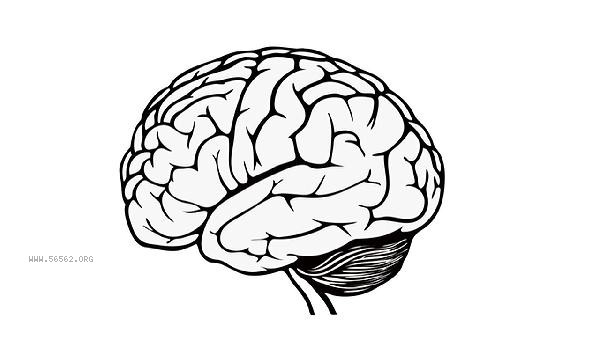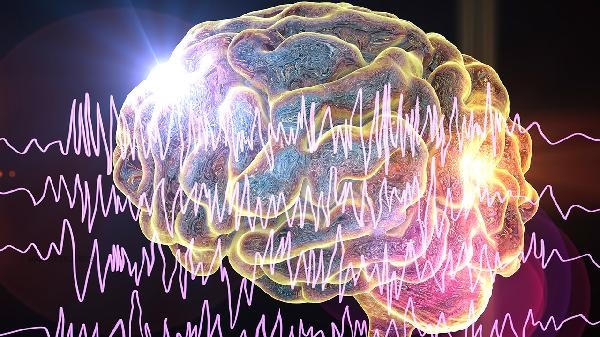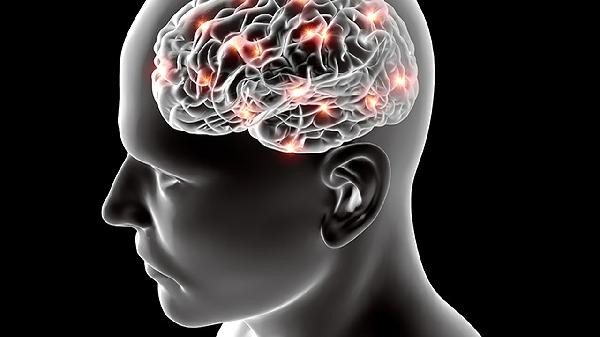After being stimulated, the brain can recover through psychological regulation, moderate exercise, nutritional supplementation, social support, and professional intervention. Brain stimulation may be caused by factors such as sudden stress, long-term fatigue, emotional trauma, brain injury, or neurological disorders, and targeted measures should be taken based on the specific reasons.

1. Psychological regulation
Relieves tension and reduces excessive excitement in the cerebral cortex through relaxation techniques such as mindfulness meditation and deep breathing training. Cognitive behavioral therapy can help adjust negative thinking patterns and reduce sustained psychological reactions caused by stimuli. It is recommended to schedule a fixed time every day for relaxation exercises to gradually rebuild the balance of the brain.
2. Moderate exercise
Regular aerobic exercise such as brisk walking, swimming, etc. can promote the secretion of brain-derived neurotrophic factors and accelerate nerve cell repair. The appropriate intensity of exercise is slight sweating, which should be maintained 3-5 times a week for about 30 minutes each time. Tai Chi and other soothing exercises have special benefits in regulating the function of the autonomic nervous system.
3. Nutritional supplementation
Increase the intake of deep-sea fish rich in omega-3 fatty acids and dark vegetables and fruits containing antioxidants. Moderate supplementation of B vitamins and magnesium elements can help restore nerve conduction function. Avoiding a high sugar and high-fat diet and maintaining stable blood sugar levels can reduce the metabolic burden on the brain.

4. Social Support
Maintaining moderate social interaction with family and friends can stimulate the secretion of soothing substances such as oxytocin in the brain. When participating in interest groups or group activities, choose an environment with a relaxed atmosphere and less pressure. Be careful to avoid secondary stimulation caused by excessive socialization, and temporarily reduce information input if necessary.
5. Professional Intervention
If severe symptoms persist, seek help from a psychologist or neurologist. Physical therapy such as transcranial magnetic stimulation can regulate abnormal brain electrical activity, and medication treatment must strictly follow medical advice. Professional interventions such as eye movement desensitization therapy have significant effects on specific situations such as post-traumatic stress disorder. During the recovery period, it is necessary to maintain a regular sleep routine, ensure 7-8 hours of high-quality sleep, and avoid caffeine and alcohol intake. You can try sensory relaxation methods such as aromatherapy and warm water baths to create a quiet and comfortable environment. If symptoms such as persistent headaches, memory loss, or emotional instability persist for more than two weeks, timely medical evaluation should be sought. Pay attention to balancing work and rest in daily life, gradually increase the intensity of mental activities, and avoid sudden exposure to stimuli such as strong light and noise. Establishing a stable pace of life helps with the repair of neural plasticity in the brain.









Comments (0)
Leave a Comment
No comments yet
Be the first to share your thoughts!